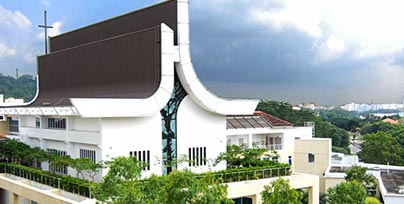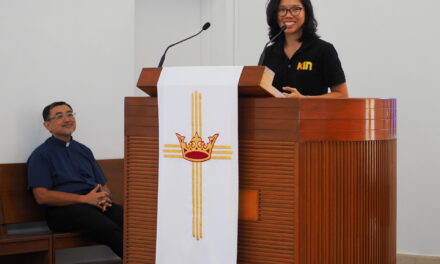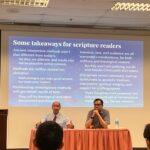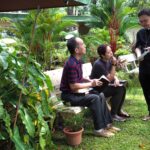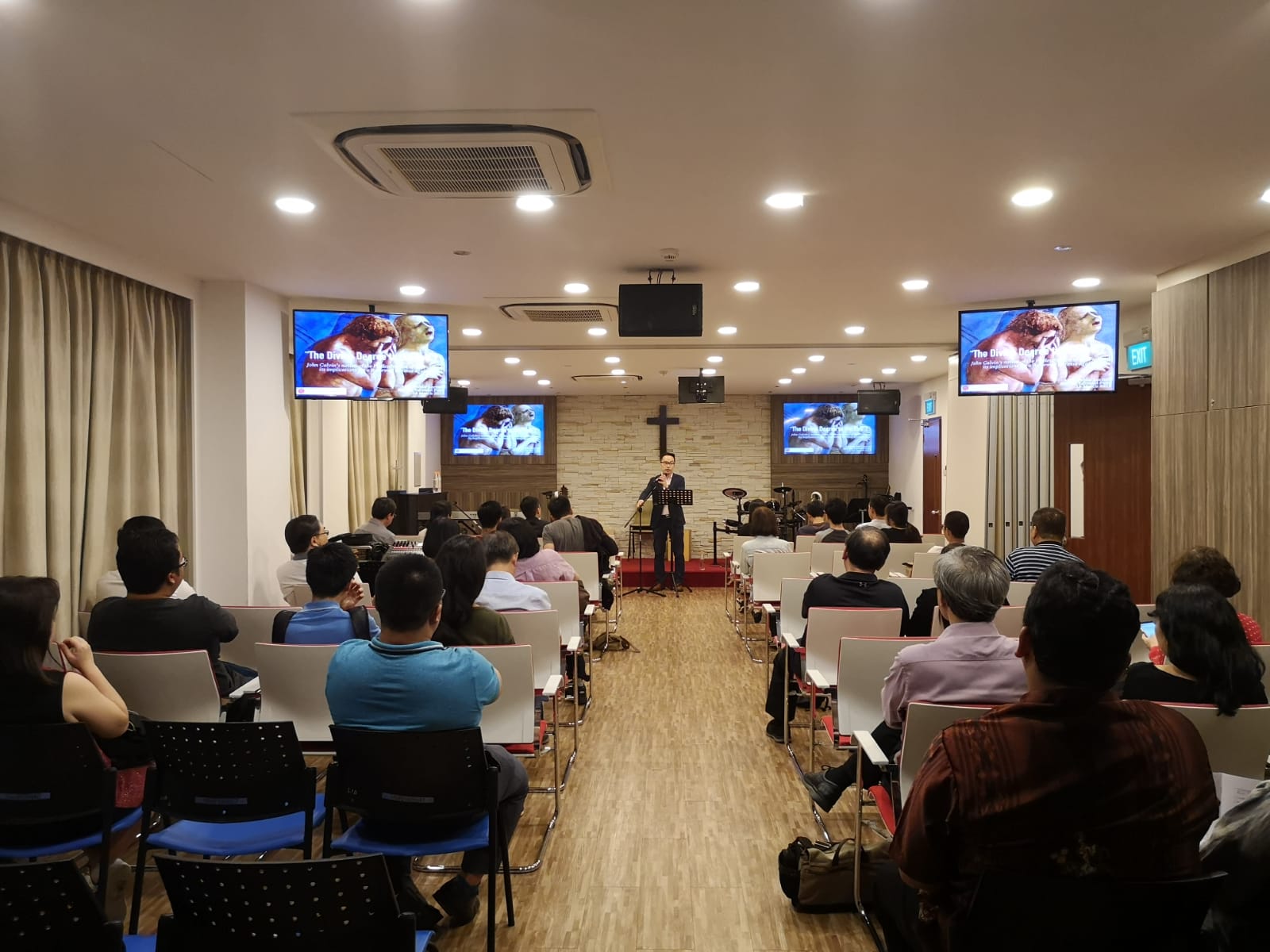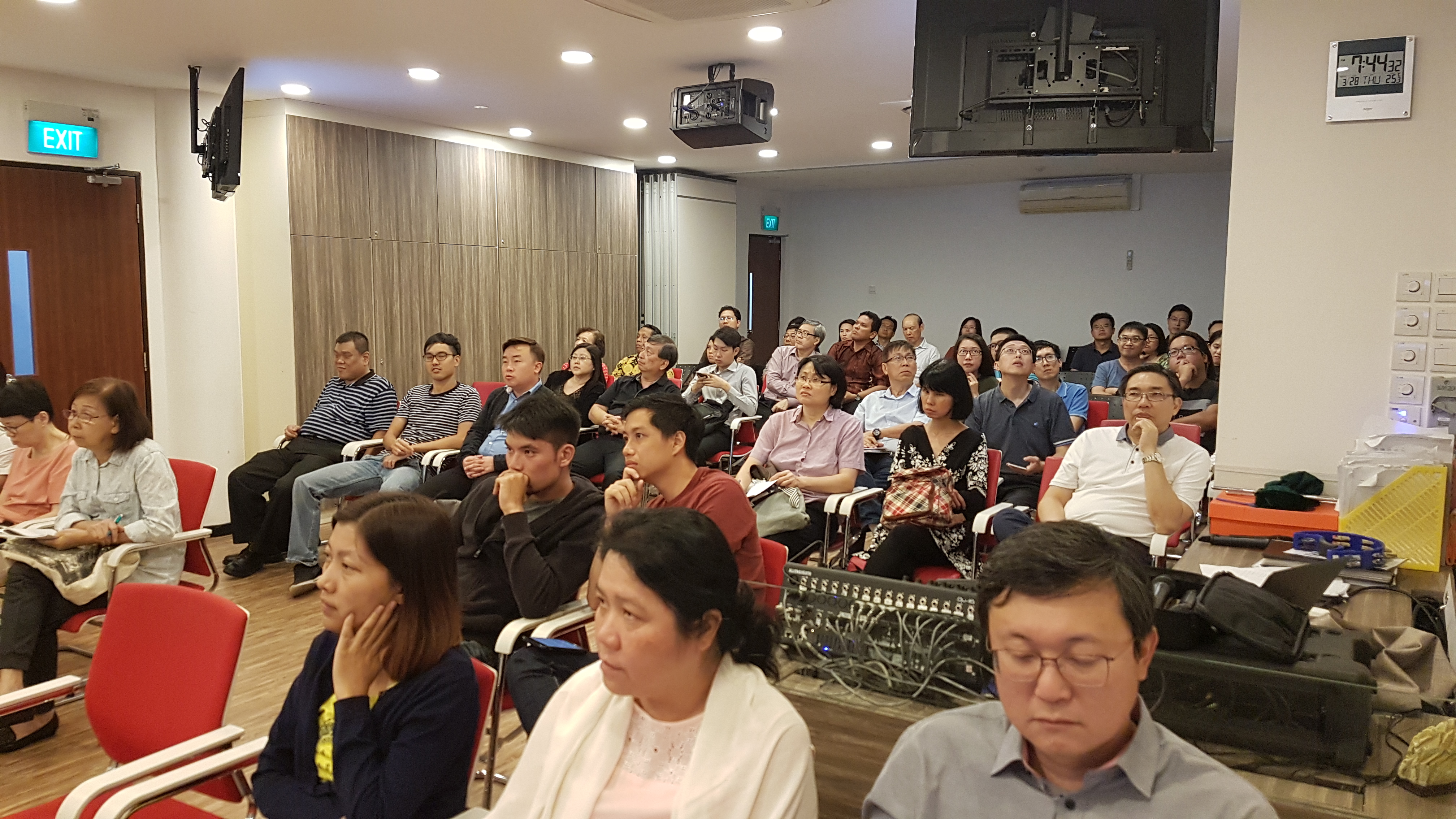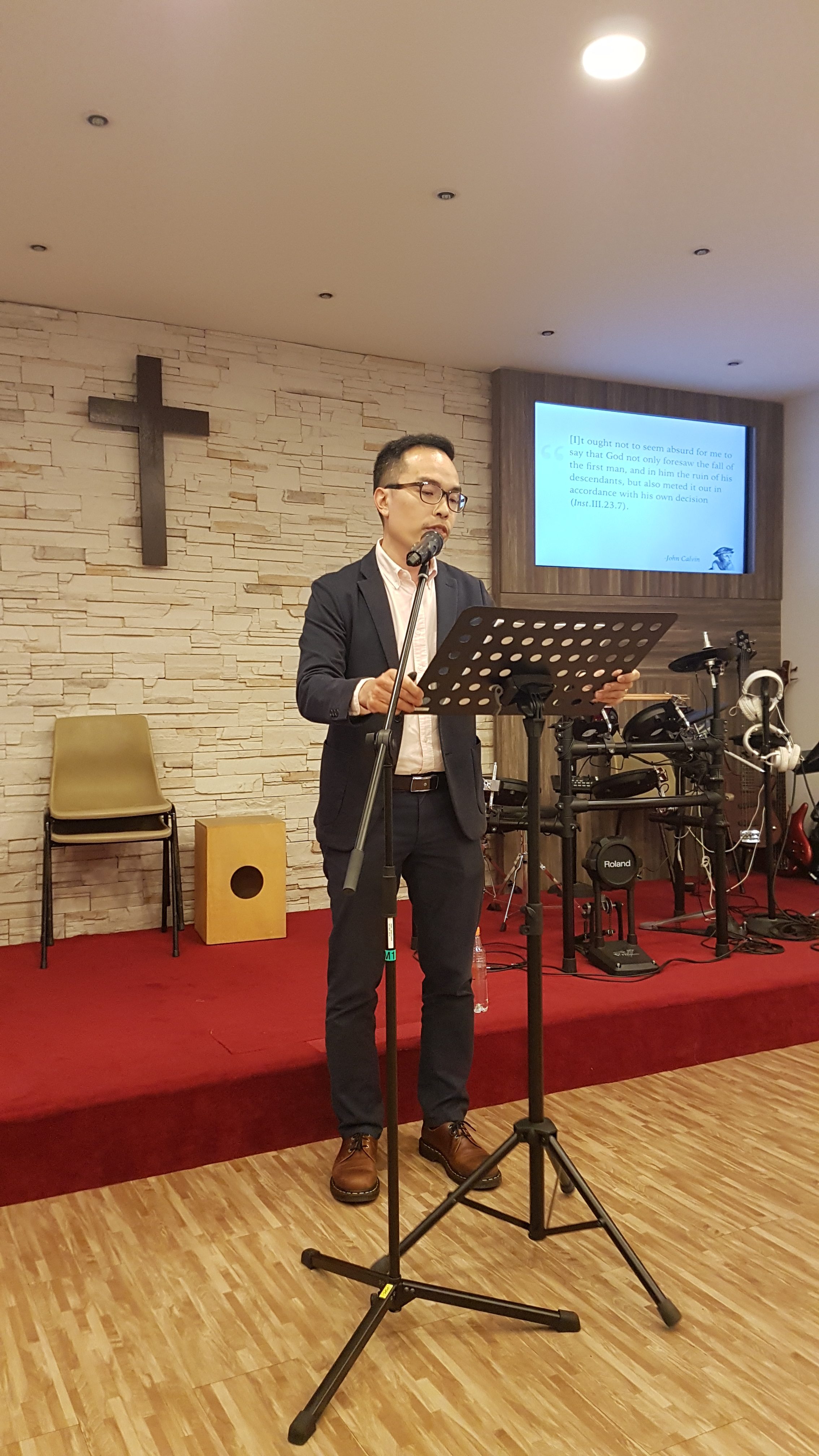
On the 28th of March, the first of the 2019 Asian Institute of Calvin Studies (AICS) lecture was held. The speaker was none other than Rev Dr Edmund Fong. Working from within the Reformed tradition, Dr Edmund attempted to address two fundamental questions related to theodicy – 1) Is God implicated as the cause of sin and evil? 2) If Adam’s actions have been predestined, can he still possess genuine moral agency and hence moral culpability?
Crucial to the establishment of Dr Edmund’s argument lies the rejection of free will as requiring an alternate possibility. Dr Edmund argued that within the Reformed framework, a will can be free so long as it is not coerced into making a decision. This does not require the availability of multiple choices but merely the freedom of the individual to choose a particular course of action. To build on his case, he also argued showing from Calvin’s anthropology that the original creation of man was unstable so much so that it required God’s sustaining grace to prevent them from falling. In this regard, God was implicated in the fall in so far as he chose to withhold his sustaining grace but not necessarily morally culpable in that the choice to sin was truly the desire and decision of man’s will without coercion. As to why God would then allow the fall to happen in the first place, Dr Edmund posited that contrary to the common free will defence made popular by philosophers such Alvin Platinga, those in the Reformed tradition must resort to another theodical defence. Interestingly, the alternative defence mentioned by Dr Edmund was also an argument put forth by Alvin Plantinga called the Felix Culpa. In essence, it argues that the moral good which justifies the fall is the incarnation and atonement of Christ which is required to bring about a new and better creation. This necessitated the fall of man. As to whether this theodical defence takes a very utilitarian approach to humankind, Dr Edmund responded by arguing that it did not in so far as man remains as part of the new creation that God intended to bring about. The lecture was followed up by a good time of Q&A from the audience who sought a better understanding of how the problem of evil could be addressed from the Reformed tradition.
